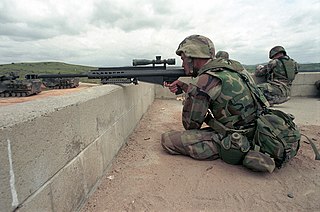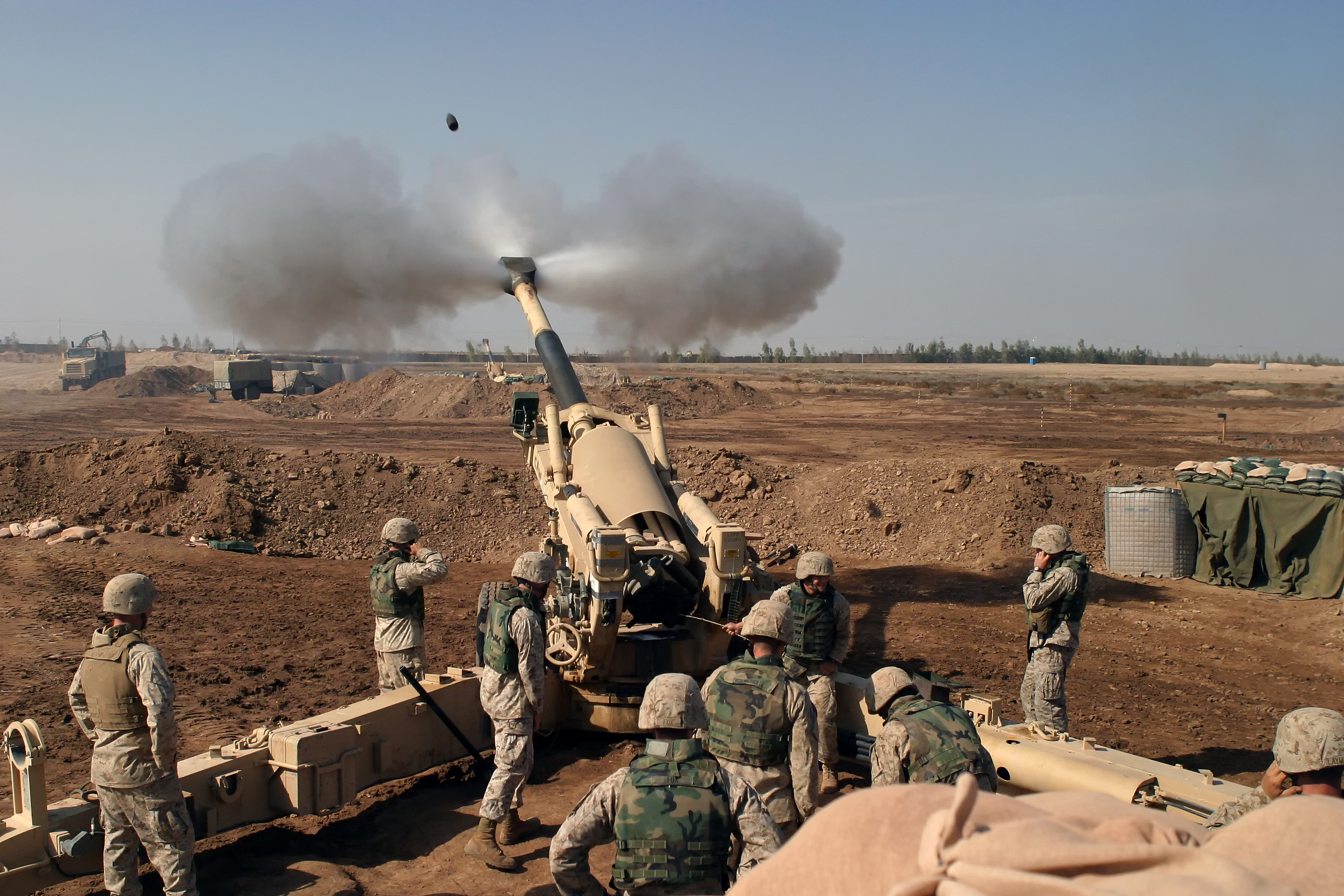
By Guest Author Paul Shannon
Here we go again! Our leaders have learned nothing from their disastrous war in Iraq. That brutal intervention destroyed Iraq as a country, caused hundreds of thousands of deaths, created a terrorist government in Baghdad, and set off a sectarian war, opening the gates of hell. Through those gates still another extremist group called ISIS has emerged. And then, of course, we decided to change the regime of Libya, opening the door to ISIS and all kinds of extremist groups there.
Over the past 15 years our country has already spent one trillion, five hundred billion dollars for war in Iraq, Afghanistan, and other parts of the Middle East and South Asia. These military actions have drained our country of the resources needed to create jobs and support a well-functioning society.
And yet, after all this bloodshed and all this treasure wasted, we are now told that the dangers in the Middle East are even greater than before we got into these wars!
A sane and moral person might see by now that war is not the best “solution” to the tragic and complex developments we are now seeing in the region. But our leaders have neither common sense nor morality. War seems to be the only thing they know how to do.
In response to being bombed by the U.S., ISIS has called for and stimulated violence against the West wherever it can. Now these brutal acts are being used by most of the U.S. foreign policy establishment to whip up war fever once again.
In its earlier sweep through Syria and Iraq, ISIS used modern American weapons that we sent into the region during previous military actions. We were promised that these weapons would bring stability; instead, they were and are used by ISIS to conquer large swaths of territory. ISIS’ success has also been possible because of the brutality inflicted on the Iraq people by an Iraq government that we armed to the teeth, but that refused to fight when challenged by ISIS.
A war on ISIS coordinated by the United States will cost billions more dollars and further weaken programs that all Americans need. It may or may not stop ISIS, but what new horrors will emerge in response to still another military incursion by foreign “Crusaders”?
The United States does not have an answer to the turmoil in the Middle East, a turmoil that we helped to create, starting with our military support to Saddam Hussein in Iraq and Osama Bin Laden in Afghanistan to fight “Communism” and “religious fundamentalism” in the 1980s.
We oppose the President’s long term war in Iraq and Syria, an enterprise involving air combat, thousands of special forces and weapons, and training to some very shady groups. We especially oppose all efforts to promote a bigger war against the Syrian regime.
Now is the time for the United States to play a different role, a role designed to promote peaceful solutions over time and support humanitarian aid to war victims through international institutions.
Now is the time to change course, and that change begins with the policy: No War in Iraq and Syria. We promote this policy not because we are blind to the suffering now occurring in the area, but because we know that any real solution must come from the peoples of that region themselves, not from a new U.S. war.
Paul Shannon is a member of the program staff of the American Friends Service Committee (AFSC) in New England and a coordinator of the local Budget for All campaign and the national Peoples Budget Campaign. He is past editor of the Indochina Newsletter and director of the national film library of the AFSC. He has been teaching social science courses at a number of colleges for 39 years, including a course on the history of the Vietnam War. Currently he is working on several efforts to bring social justice, climate change and anti-war efforts together into a convergent movement for social change.



